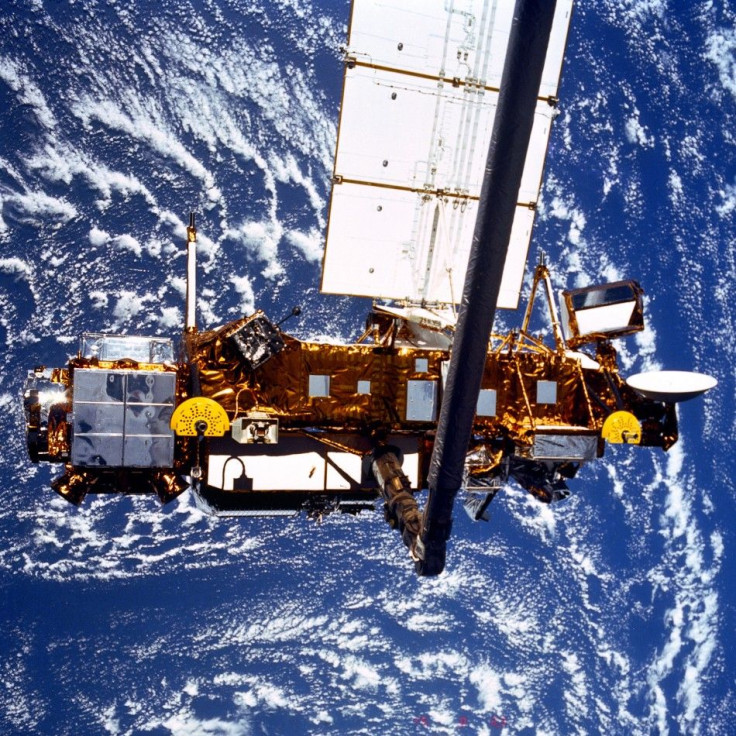Space Debris Set to Rain on Earth

A defunct NASA satellite is expected to plunge back to Earth, raising concerns that blazing hot debris may shower down on the unsuspecting terrestrial population.
The 6.5 ton satellite, known as the Upper Atmosphere Research Satellite (UARS), will reenter the Earth's atmosphere either late September or early October, said NASA.
Most of the vessel is expected to burn up in the atmosphere, but the agency said there was still some potential for problems.
The risk to public safety or property is extremely small, and safety is NASA's top priority, the space agency wrote in an advisory.
NASA estimates a 1-in-3,200 chance that a satellite part could hit someone, though 1,200 pounds should survive the reentry, posing a potential threat, if only small.
Things have been reentering ever since the dawn of the Space Age; to date nobody has been injured by anything that's reentered, said NASA orbital debris chief Gene Stansbery. That doesn't mean we're not concerned.
The satellite ran out of fuel in 2005. As of Sept. 8, 2011, the orbit of UARS was 152 miles by 171 miles (245 km by 275 km) with an inclination of 57 degrees.
Because the satellite's orbit is inclined 57 degrees to the equator, any surviving components of UARS will land within a zone between 57 degrees north latitude and 57 degrees south latitude . This translates to anywhere in the six inhabited continents in a worldwide swath from south of Juneau, Alaska, to just north of the tip of South America.
UARS was a $750 million mission deployed from the shuttle Discovery in 1991 to study the Earth's atmosphere and its interactions with the sun.
It measured important ozone depletion related to climate change. According to NASA, readings from UARS gave evidence that chlorine in the atmosphere is at the root of the ozone hole.
Last week, researchers recommended that NASA and the State Department coordinate with other nations to work on plans to remove space junk from Earth's orbit, warning debris was reaching a tipping point.
© Copyright IBTimes 2024. All rights reserved.





















